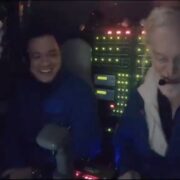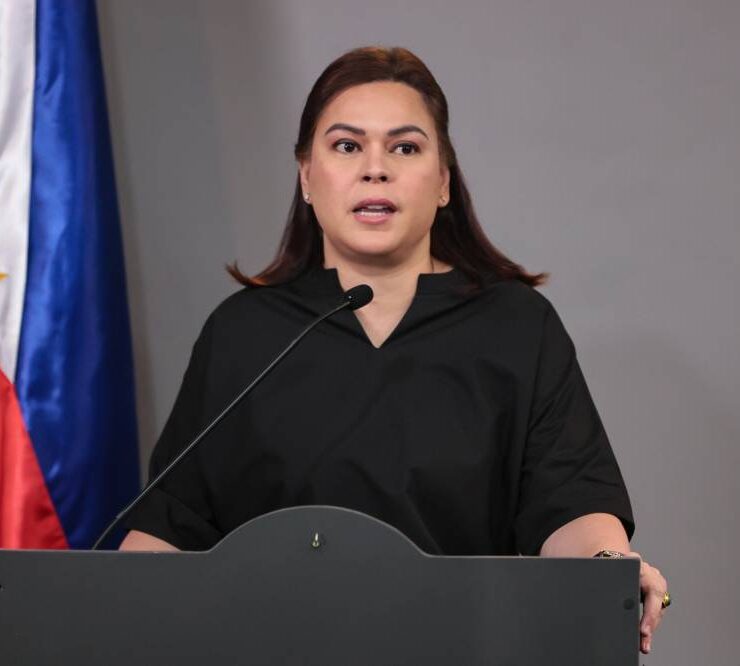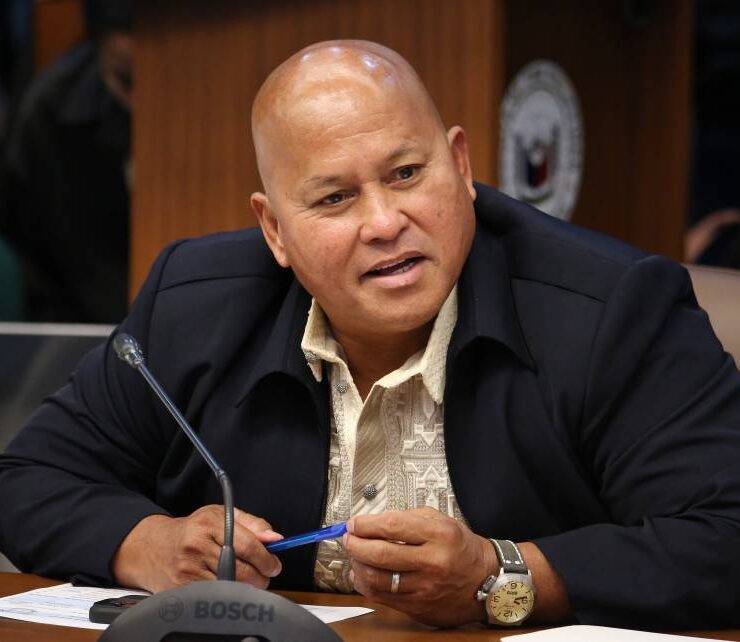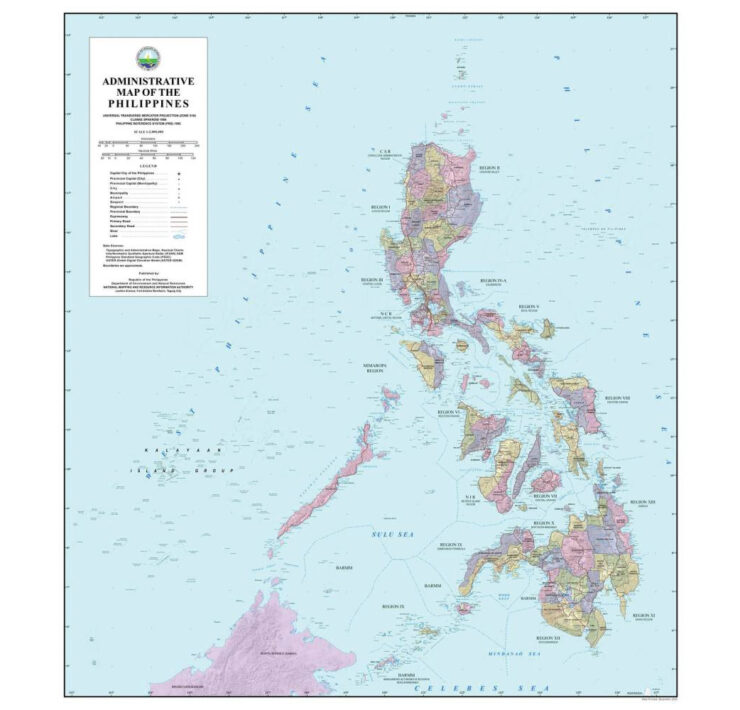The enduring smile of MassKara: A festival of resilience and unity
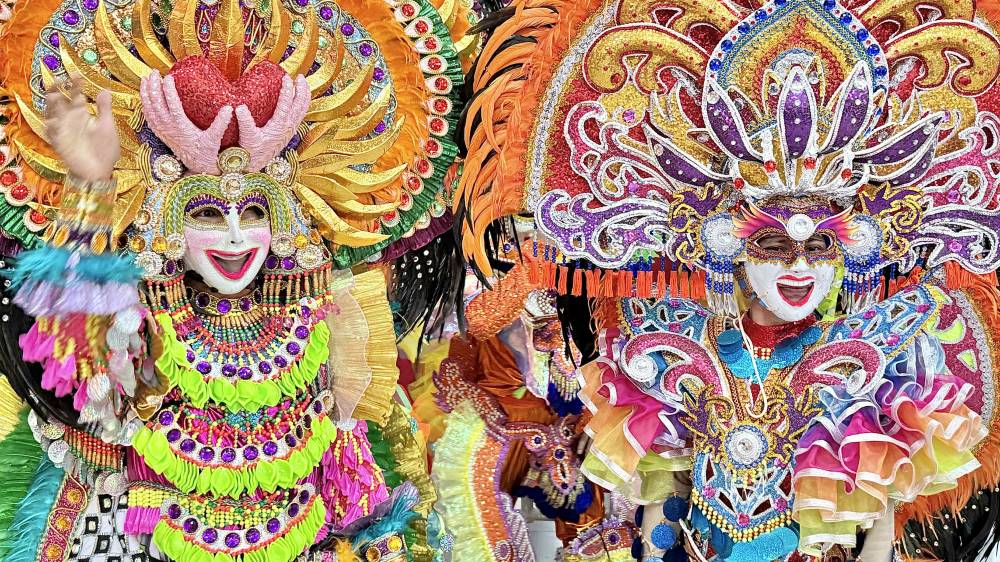
BACOLOD CITY—The MassKara Festival goes far beyond its vibrant street performances and grand parades. It is the very heartbeat of Bacolod City—a powerful symbol of resilience, creativity and unity for its people.
“It’s our way of saying: ‘We’ve been through worse—and we’ve come out smiling,’” says Rodney Mitz Ascalon, this year’s festival director and president of Bacolod Gugma Foundation Inc., the festival organizer.
MassKara was born in the face of immense adversity.
Over the years “it has become a cultural expression of who we are as Bacolodnons: hopeful, joyful and always looking forward. It reminds us that even during the darkest times, we can choose to smile and move forward together,” Ascalon explains.
The MassKara Festival began in 1980 during one of the most challenging periods in Bacolod’s history.
“It was a response to grief, economic hardship and loss. The people of Bacolod chose to rise through art, dance and smiles,” says Ascalon, a seasoned creative director, choreographer and artist.
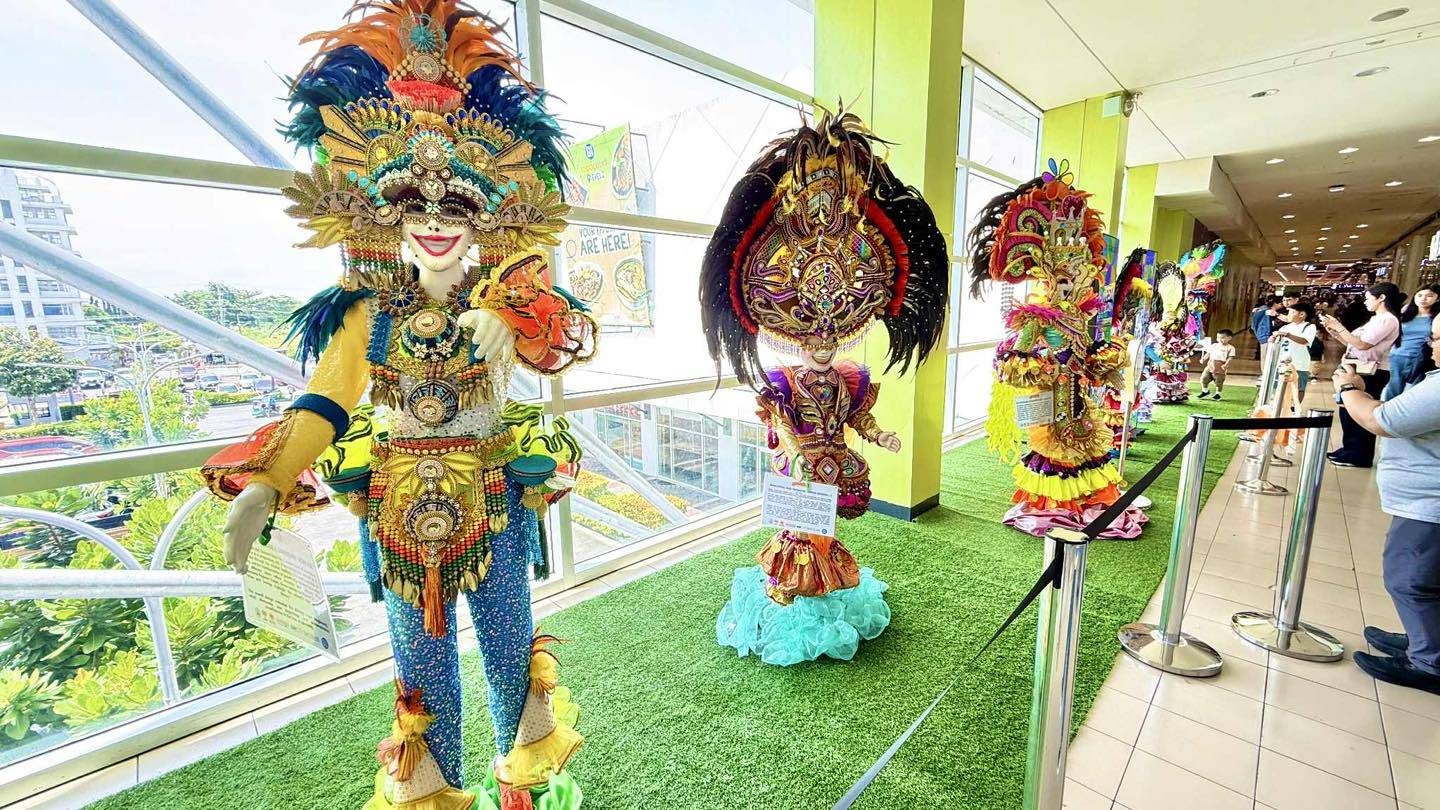
Portmanteau
The word “MassKara” is a portmanteau, coined by the late artist Ely Santiago from mass (a multitude of people) and the Spanish word “cara” (face), thus forming MassKara (a multitude of faces). The smiling masks are the main feature of the festival, proudly reflecting Bacolod’s well-known nickname, the “City of Smiles.”
When the festival began in 1980, Bacolod and the province of Negros Occidental were reeling from a drastic plunge in sugar prices. This economic crisis was tragically immortalized in photos of malnourished children and compounded by the devastating sinking of the inter-island vessel MV Don Juan. The ship, which collided with the tanker Tacloban City and sank in Tablas Strait off Mindoro, resulted in 18 lives lost and 115 missing, many of them Negrenses.
In the midst of these tragedies, the local government, then headed by the late Mayor Jose “Digoy” Montalvo, who had also lost family members in the MV Don Juan sinking, made the pivotal decision to hold a “festival of smiles” to lift the spirits of the people.
“That spirit is still relevant today. We continue to face new challenges, but MassKara reminds us of the strength in community, the power of creativity and the resilience of the human spirit,” Ascalon says.
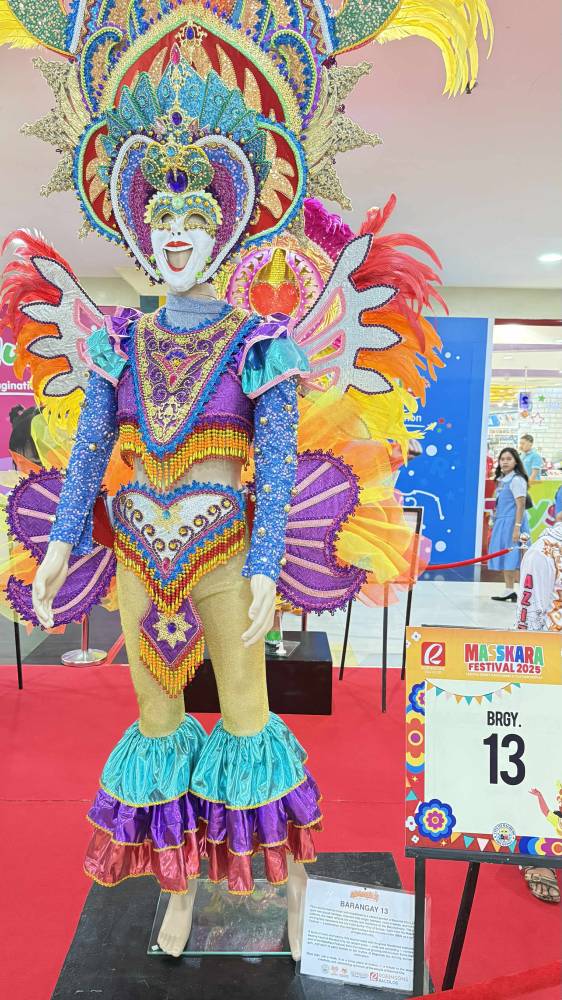
In the DNA
For Eli Francis Tajanlangit, a former MassKara Festival director, “MassKara festival is us: it traces its roots to our DNA as Negrenses, people who were blessed with the capacity to celebrate even in the face of tragedy and crisis. And we do it in style.”
He illustrates this unique cultural trait: “This is pretty evident in even the humblest of communities: somebody dies, we turn the wake into a celebration. We play parlor games, we recite homespun poetry (luwa) and music (composos). Even our prayers for the dead we have styled, reciting them in a sing-song, but solemn way. We even cook up a feast every night.”
He adds that “KBL” in local parlance, meaning Kasal (marriage), Bunyag (baptism), and Lubong (burial), are all occasions for celebration.
“And so are almost all milestones: departures, homecomings, reunions, etc. This ability and capacity to celebrate were fine-tuned in the haciendas, where work goes on for only 4 months in a year and 9 months are spent celebrating, or preparing for celebrations,” Tajanlangit explains.
“The bailes in the grand mansions are echoed in ‘purok baylehans.’ Things may have changed, but our penchant for celebrations have survived in many, many forms. Dancing in the streets to music, as in MassKara, is one of them,” Tajanlangit adds.
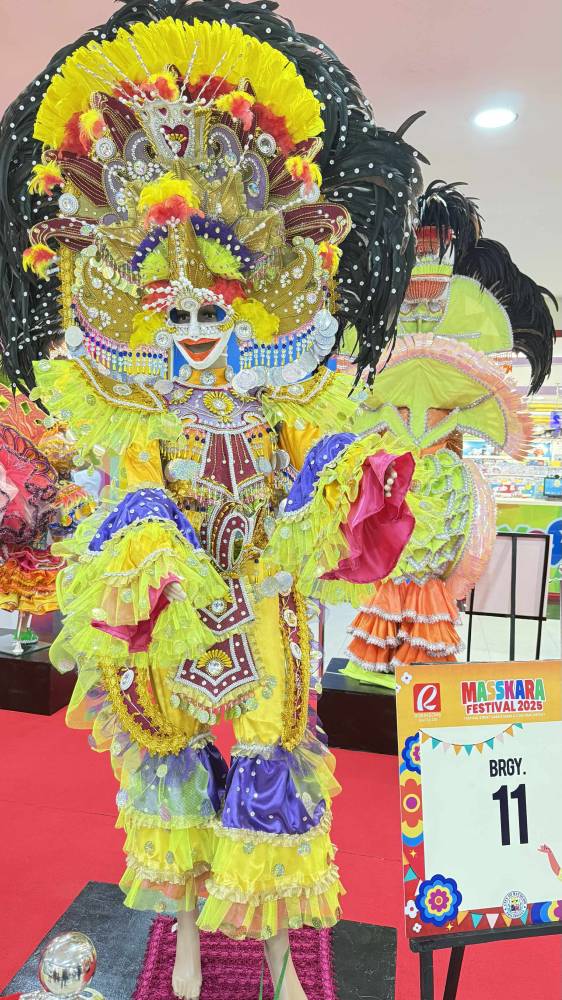
Global fame
The festival has since evolved into a major Philippine festival that has brought global fame to Bacolod. The MassKara dancers have performed at annual street parades and festivals around the world, from New York to California, Europe to neighboring Asian countries like South Korea.
Bacolodnons are once again celebrating the MassKara Festival this month. The festival kicked off on Oct. 1 with multiple simultaneous concerts at the Bacolod City Government Center grounds and the Bacolod Public Plaza, an event that drew more than 50,000 Bacolodnons to their feet to dance and celebrate. The festival will run until Oct. 19, with its peak activities happening on the third week of October.
A three-night giant street party will be held at Lacson Street from Oct. 17 to Oct. 19, with live bands and Bacolod’s famous food expected to draw thousands of merrymakers. Another main attraction is the Electric MassKara on the evening of Oct. 17, where dancers on lighted floats will perform.
A burst of colors from dancers wearing smiling masks will then perform at the arena and street dance competitions. The school category competitions will be on Oct. 18 and the much-anticipated battle of the barangays will be on Oct. 19.
Even before the final weekend, numerous events have already taken place. This year’s focus is inclusivity: “We are committed to making MassKara 2025 a festival for all—every barangay, every age group, every sector of Bacolod society,” says Ascalon.
“It’s important that everyone sees themselves reflected in the celebration. Our programs are designed to not only entertain but also empower communities and provide a platform for local talents, artisans, workers, youth and even those often left out of mainstream celebrations,” Ascalon adds.
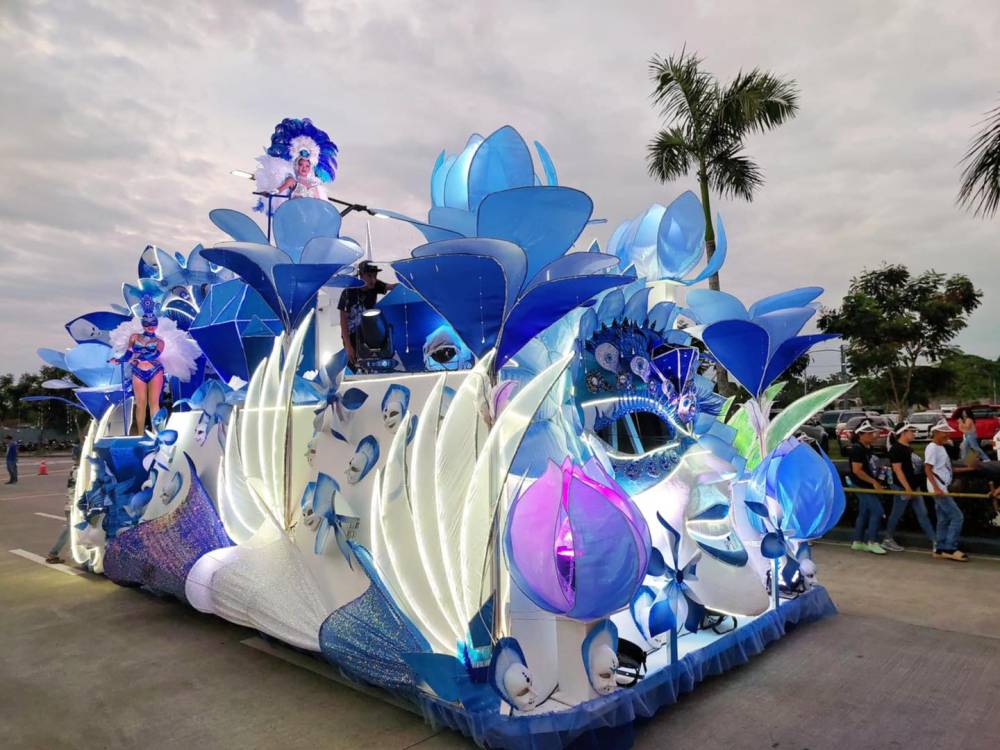
Open invitation
One must come to Bacolod to truly experience the festival “because you don’t just watch MassKara—you’ll feel it,” Ascalon stresses.
“The city transforms into one big celebration of life, art and community. It’s a festival where smiles aren’t just worn—they’re lived,” Ascalon adds, where visitors can “experience genuine hospitality, unforgettable performances, food that reflects our rich culture and people who make you feel like family. It’s more than a trip—it’s a cultural immersion in joy.”
“MassKara is a celebration of joy in motion. Imagine a city bursting with colors, music and energy—where everyone, from kids to elders, dances in the streets, wearing vibrant masks and beaming smiles. It’s not just a festival you attend—it’s one you join. Whether you’re watching dancers light up the streets, trying local delicacies or meeting the warmest people you’ll ever encounter, you’ll understand why we call Bacolod the City of Smiles,” Ascalon concludes.













